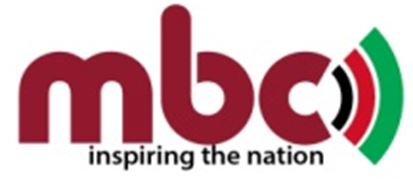Professor Adamson Muula of the Kamuzu University of Health Sciences (KUHeS) has called for a more inclusive and holistic approach to Risk Communication and Community Engagement (RCCE) in Malawi and across Africa, emphasising it is key to empowering communities to recognise and act upon potential health risks.
Speaking during a side event at the 4th International Conference on Public Health in Africa (CPHIA 2025) in Durban, Professor Muula described Malawi’s current risk communication landscape as “a mixed bag,” saying progress has been made but there are some gaps in other areas.
“But RCCE should go beyond that to cover a broad spectrum of health issues, from communicable and non-communicable diseases to injuries and mental health,” he said.
Professor Muula stressed that there is a need for better coordination among stakeholders to ensure communities not only receive knowledge but develop competencies to identify and mitigate risks themselves.
“Risk communication allows stakeholders who have knowledge to share it, while communities must also have the competence to identify risks,” he explained. “Someone has to lead, to point, to raise awareness but ultimately, people must change their behaviour because they understand the risks.”
He attributed the existing gaps partly to how risk communication is valued within the health sector, noting that many still view health primarily in terms of medical care rather than proactive communication and prevention.
“The value of risk communication is not intuitive for many. People focus on clinical services, medicines and treatment but raising awareness about potential risks is just as important,” Professor Muula observed.
He called on Malawi and other African countries to institutionalise and strengthen RCCE frameworks across all health areas, ensuring consistent and coordinated engagement that empowers communities and prevents harm before it occurs.
Principal Advocacy, RCCE & Social Mobilisation Coordinator for Africa CDC, Paidamoyo Magaya, said RCCE and SBC are no longer optional add-ons in public health, they are strategic pillars which must be coordinated, institutionalised, and supported by strong national systems and professional communities.
She has since challenged the health promoters and communicators to design approaches that are not only evidence-based, but also culturally grounded, gender sensitive, participatory, and effective.
The side event attracted health promoters, advocates, policy makers, experts and media professionals who are the frontlines of driving social and behavioural change across the African continent.



